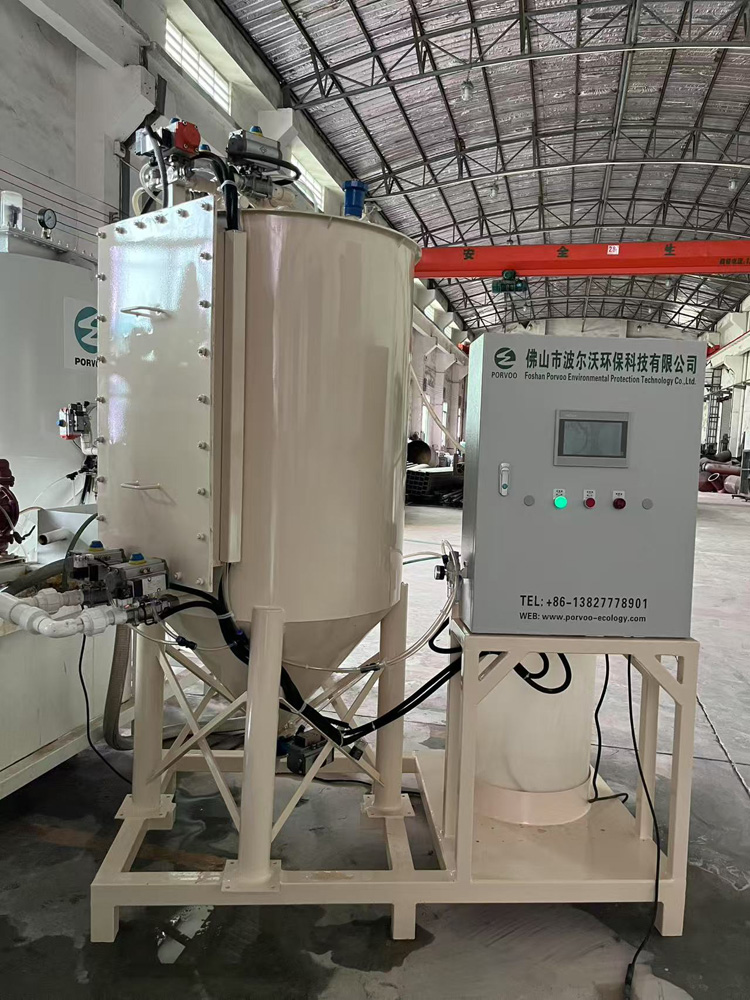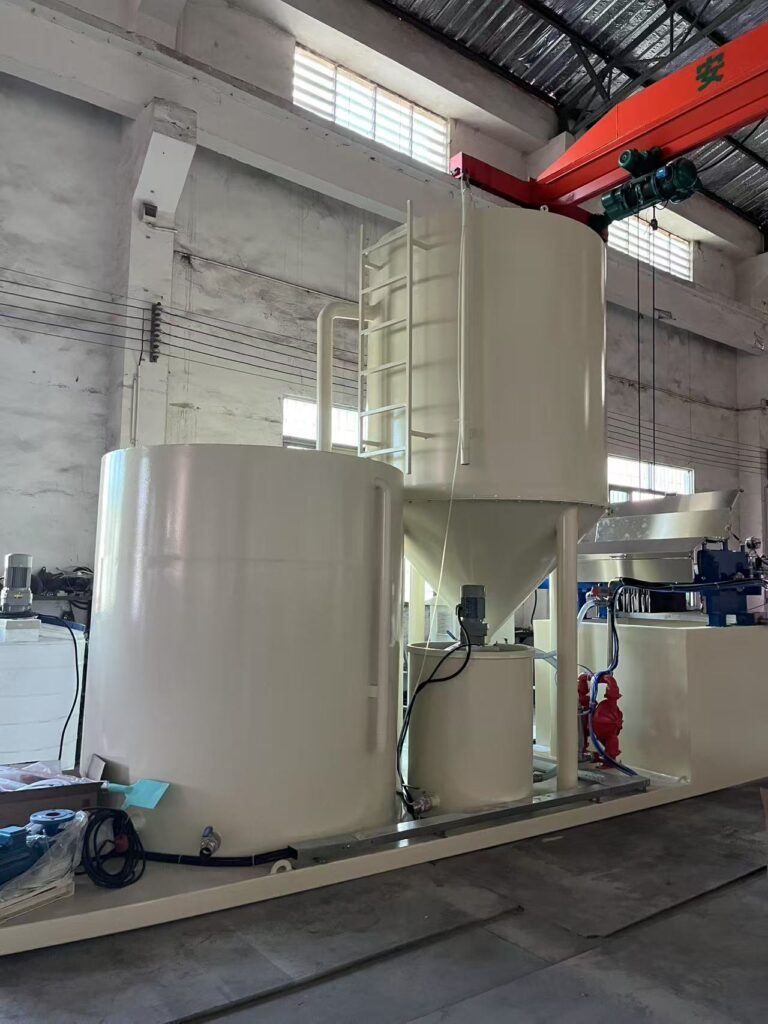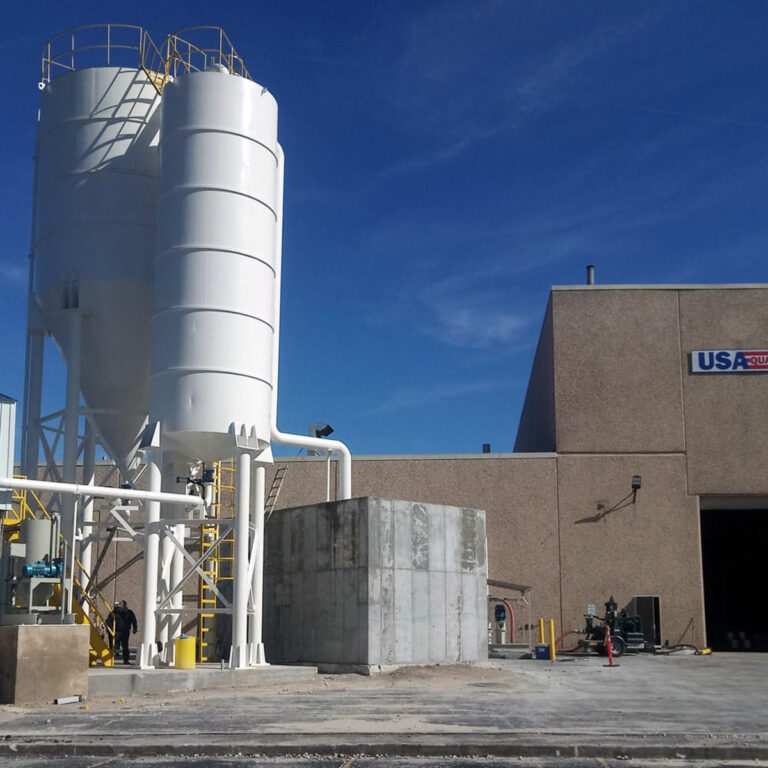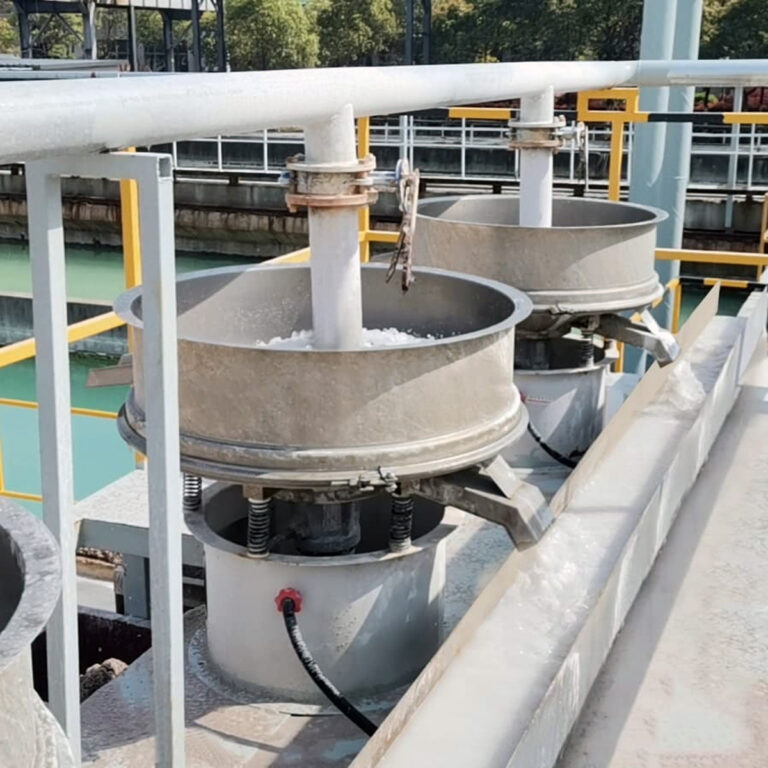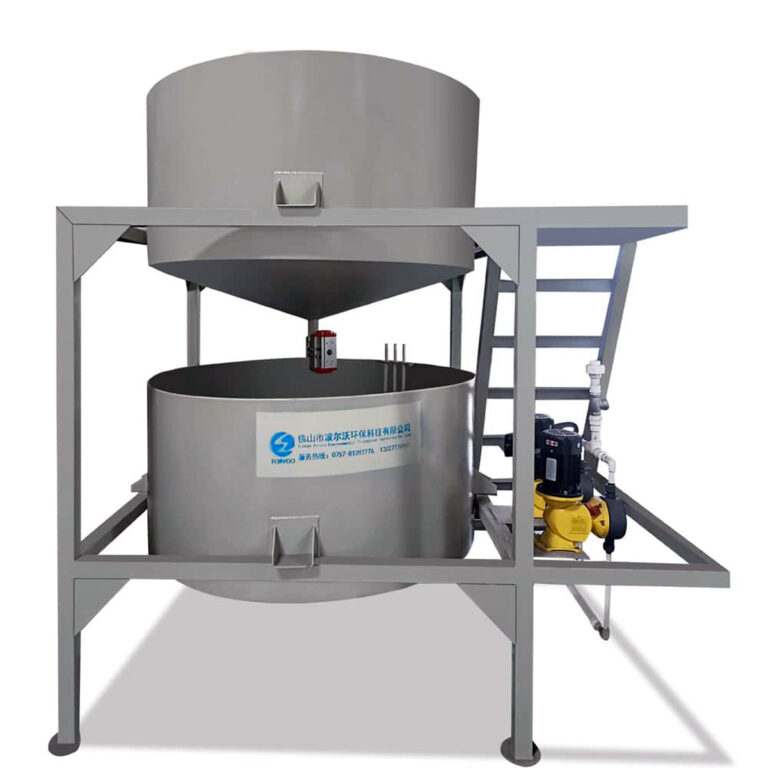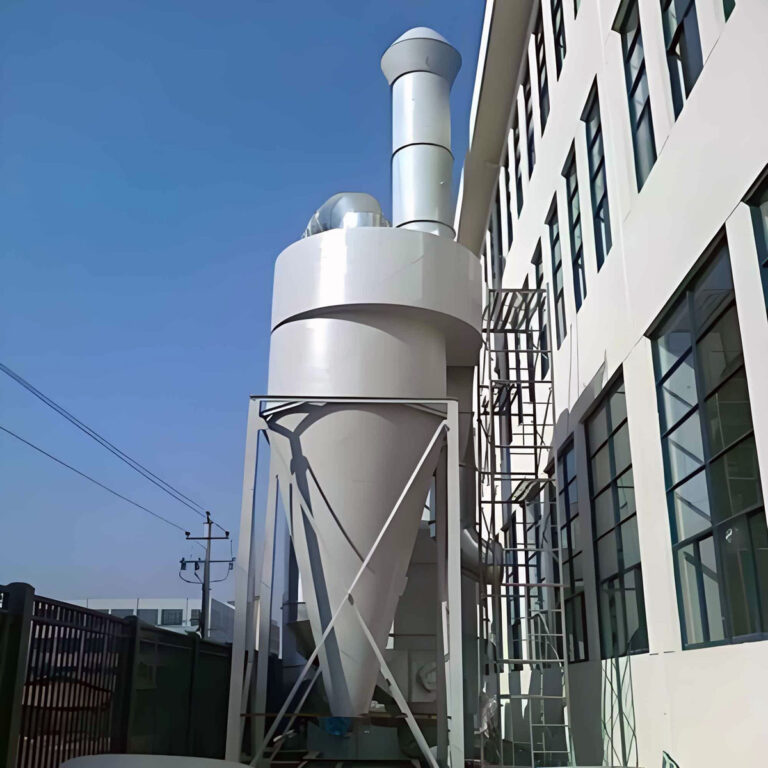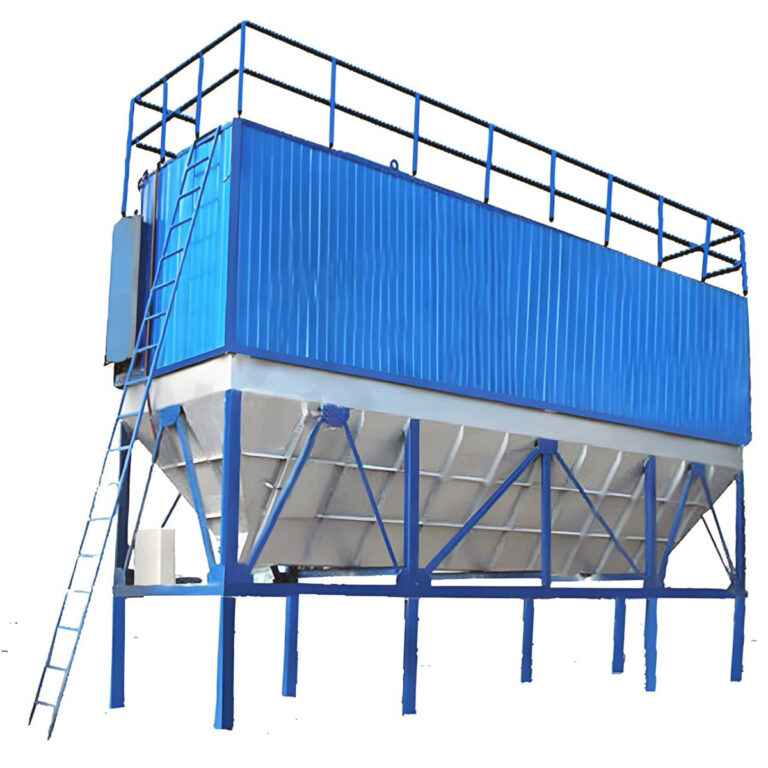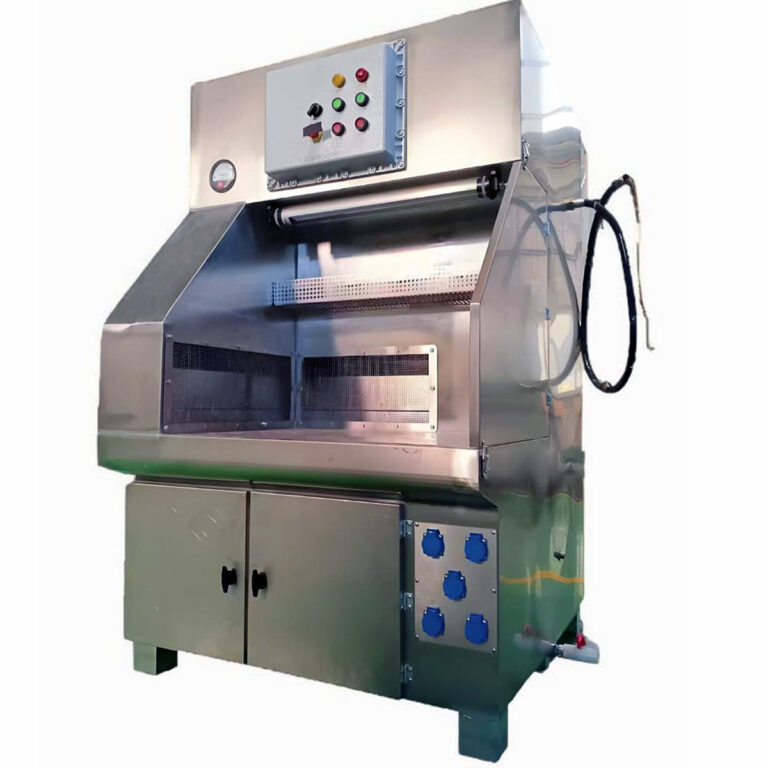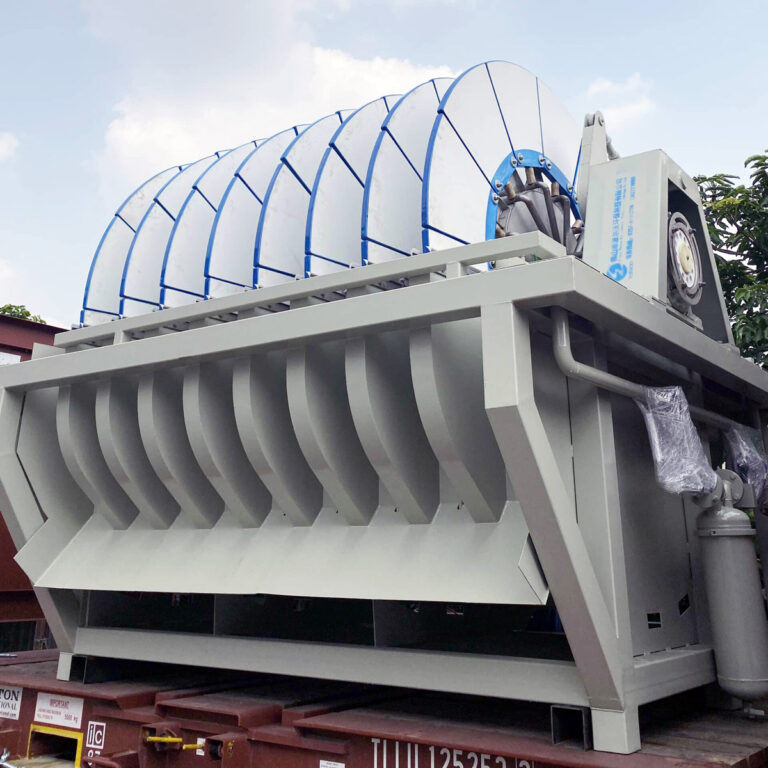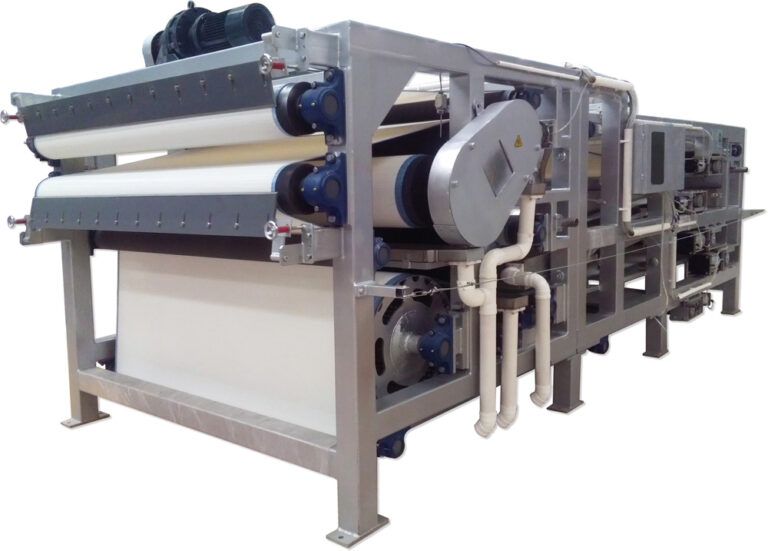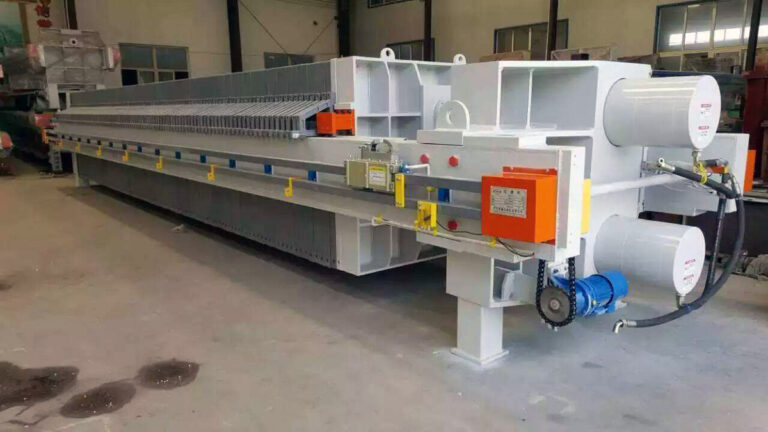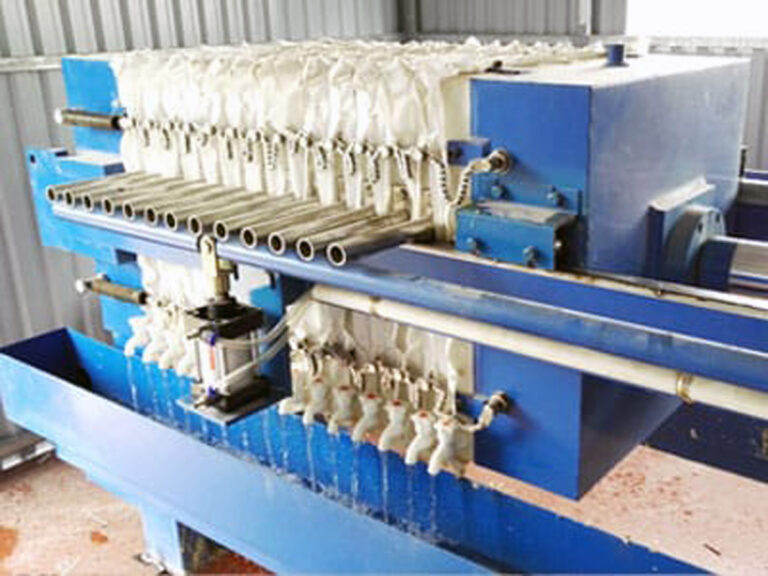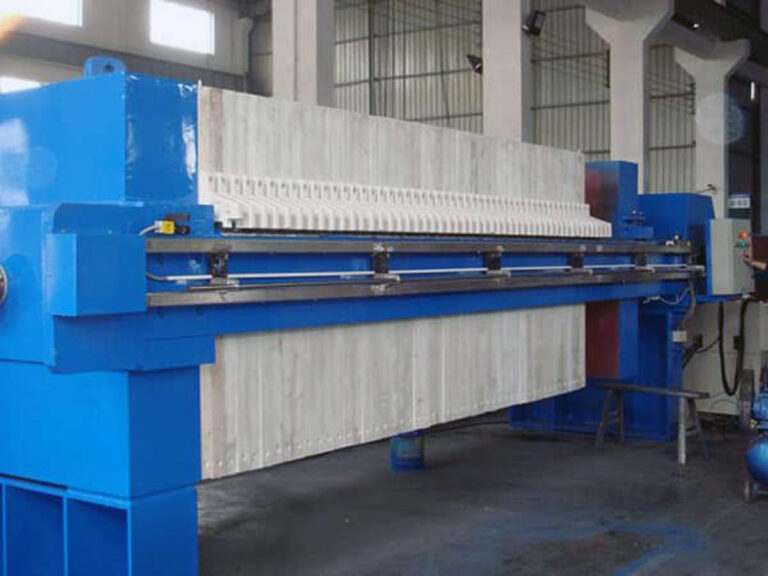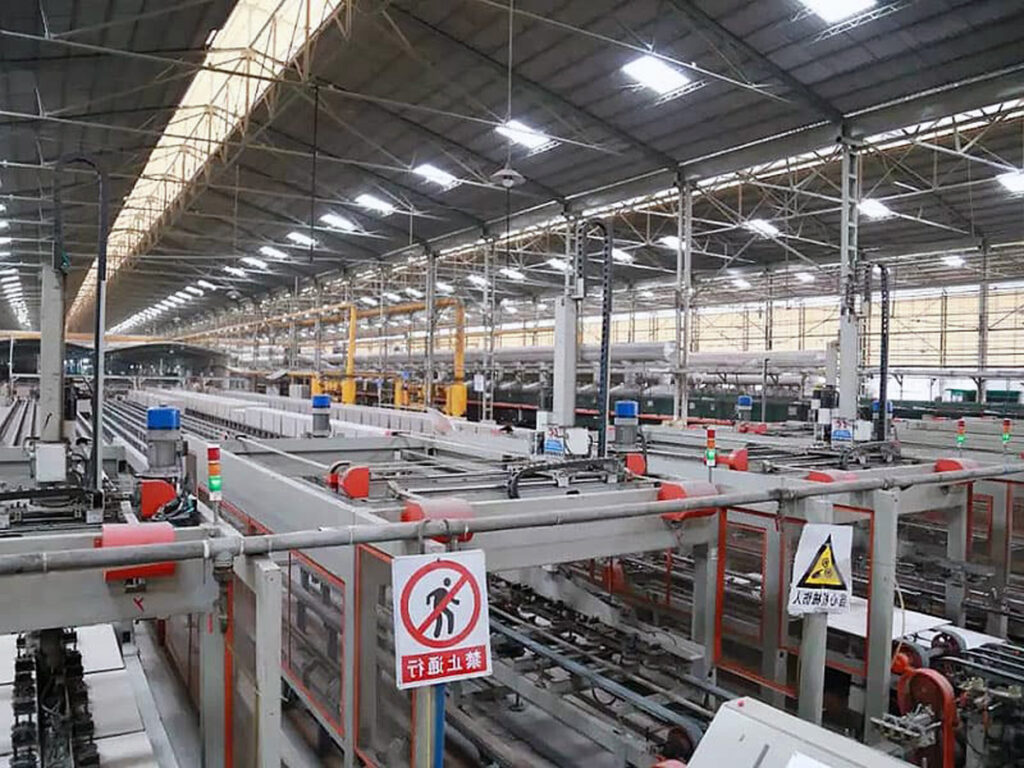Selecting the right wastewater equipment supplier represents one of the most critical decisions facing industrial operations today. With water treatment regulations tightening globally and operational costs rising, wastewater equipment suppliers must deliver not just reliable technology, but comprehensive solutions that ensure long-term compliance and efficiency.
The complexity of modern wastewater treatment demands extends far beyond basic filtration. Industrial facilities now require integrated systems capable of handling diverse contaminants, meeting stringent discharge standards, and adapting to changing production volumes. This reality has transformed the supplier landscape, creating significant differences in capabilities, service models, and technological approaches.
Without proper supplier selection, companies face equipment failures that can result in regulatory violations costing up to $37,500 per day, production shutdowns averaging $50,000 per hour, and remediation expenses reaching millions of dollars. These consequences extend beyond immediate costs, potentially damaging brand reputation and limiting future operational permits.
This comprehensive guide examines the critical factors distinguishing leading suppliers from inadequate providers, offering practical frameworks for evaluation and selection. We’ll explore equipment categories, industry-specific requirements, pricing models, and emerging technologies that will shape your decision-making process.
What Are Wastewater Equipment Suppliers and Why Are They Essential?
Wastewater equipment suppliers serve as specialized partners providing comprehensive treatment solutions for industrial and municipal applications. These companies design, manufacture, and support complex systems that transform contaminated water into discharge-compliant effluent or reusable process water.
The supplier ecosystem encompasses three primary categories: original equipment manufacturers (OEMs) who develop proprietary technologies, systems integrators who combine multiple technologies into complete solutions, and service-focused providers who emphasize ongoing support and maintenance. According to recent industry analysis, the global wastewater treatment equipment market reached $52.8 billion in 2023, with industrial applications representing 34% of total demand.
Core Supplier Functions
Leading suppliers typically provide design engineering, equipment manufacturing, system integration, installation supervision, and lifecycle support services. PORVOO exemplifies this comprehensive approach, delivering integrated solutions that address specific industrial challenges while maintaining long-term operational efficiency.
Industrial wastewater companies distinguish themselves through technical expertise in process chemistry, regulatory compliance knowledge, and proven track records across diverse applications. Their engineers understand how different contaminants interact with treatment processes, enabling optimized system designs that maximize efficiency while minimizing operational costs.
The supplier relationship extends well beyond initial equipment delivery. Modern treatment systems require ongoing optimization, preventive maintenance, and regulatory updates that demand specialized expertise. Companies attempting to manage these requirements internally often experience 23% higher operational costs and 31% more compliance issues compared to those partnering with qualified suppliers.
| Supplier Type | Primary Focus | Typical Project Size | Best For |
|---|---|---|---|
| Equipment OEMs | Proprietary technology | $100K – $5M | Specific treatment challenges |
| Systems Integrators | Complete solutions | $500K – $50M | Complex multi-stage processes |
| Service Providers | Ongoing support | $50K – $2M annual | Operational optimization |
How to Evaluate Industrial Water Equipment Suppliers for Your Business?
Effective supplier evaluation requires systematic assessment of technical capabilities, financial stability, service quality, and cultural fit. The evaluation process should begin with clear definition of your treatment requirements, performance expectations, and operational constraints.
Technical competence represents the foundation of supplier assessment. Evaluate each candidate’s experience with your specific contaminants, treatment volumes, and discharge requirements. Request detailed case studies demonstrating successful implementations in similar applications, including performance data, compliance records, and customer references.
Financial and Operational Assessment
Financial stability analysis should examine supplier revenue trends, profitability, debt levels, and investment in research and development. Companies with inconsistent financial performance may struggle to provide adequate warranty support or ongoing service during economic downturns.
Operational capabilities assessment includes manufacturing capacity, quality control systems, supply chain management, and project execution methodologies. Suppliers should demonstrate ISO 9001 certification, established vendor relationships, and proven project management frameworks.
Service quality evaluation requires direct contact with existing customers, examination of service response times, and assessment of technical support capabilities. Industry data indicates that industrial water equipment suppliers with dedicated service teams achieve 94% customer satisfaction rates compared to 67% for those relying on third-party support.
“The most successful wastewater projects result from partnerships between suppliers who understand both the technology and the business challenges their customers face,” notes Dr. Sarah Chen, Director of Water Technology Research at the Industrial Treatment Institute.
Regional and Regulatory Considerations
Geographic proximity affects service responsiveness, shipping costs, and regulatory compliance support. Suppliers with local service presence typically achieve 40% faster response times and 25% lower lifecycle costs compared to distant providers.
Regulatory expertise becomes increasingly critical as environmental standards evolve. Evaluate suppliers’ knowledge of applicable regulations, track record with permitting agencies, and ability to adapt systems for changing requirements.
What Types of Equipment Do Top Wastewater Treatment Vendors Offer?
Modern wastewater treatment systems encompass diverse technologies addressing specific contaminant removal requirements. Understanding equipment categories and their applications enables informed supplier comparisons and optimal system design.
Primary treatment equipment includes screening systems, grit removal units, and clarification technologies that remove suspended solids and settleable materials. These systems typically achieve 30-40% BOD reduction and 50-60% suspended solids removal, forming the foundation for subsequent treatment stages.
Secondary and Advanced Treatment Technologies
Secondary treatment systems focus on biological contaminant removal through activated sludge processes, membrane bioreactors (MBRs), and fixed-film systems. Wastewater treatment vendors increasingly offer packaged biological systems that combine multiple processes in compact, efficient configurations.
Advanced treatment technologies address specific contaminants requiring specialized removal mechanisms. These include reverse osmosis for dissolved salts, activated carbon for organic compounds, and ion exchange for heavy metals. Leading suppliers integrate these technologies into comprehensive treatment trains optimized for specific applications.
| Treatment Category | Common Equipment | Typical Efficiency | Applications |
|---|---|---|---|
| Primary | Clarifiers, DAF units | 30-60% contaminant removal | Pretreatment, solids removal |
| Secondary | MBRs, activated sludge | 85-95% BOD removal | Biological treatment |
| Advanced | RO, carbon systems | 95-99% specific contaminants | Reuse, strict discharge limits |
Specialized Industrial Applications
Industrial applications often require customized equipment addressing unique contaminants or process conditions. Food processing facilities need systems handling high organic loads, while metal finishing operations require heavy metal removal capabilities.
Emerging technologies include electrocoagulation for oil removal, advanced oxidation for persistent organics, and membrane distillation for challenging separations. Suppliers investing in these technologies position themselves for future market demands while offering current customers enhanced treatment capabilities.
The integration of automation and monitoring systems has become standard practice among leading suppliers. These systems provide real-time performance data, predictive maintenance alerts, and remote optimization capabilities that reduce operational costs by 15-20%.
How Do Water System Manufacturers Approach Different Industries?
Industry-specific requirements significantly influence equipment selection, system design, and operational protocols. Understanding how water system manufacturers adapt their approaches for different sectors helps identify suppliers with relevant expertise for your applications.
Food and beverage industries require systems addressing high organic loads, temperature variations, and strict sanitary standards. Treatment systems must handle seasonal production variations while maintaining consistent discharge quality. Leading suppliers offer automated systems with CIP (clean-in-place) capabilities and sanitary design features.
Manufacturing and Industrial Applications
Chemical manufacturing presents unique challenges including toxic compounds, pH extremes, and varying waste compositions. Suppliers serving these industries must demonstrate expertise in hazardous waste handling, explosion-proof equipment, and emergency response protocols.
Pharmaceutical operations demand systems meeting FDA validation requirements, providing detailed documentation, and maintaining sterile processing conditions. Suppliers typically offer validation support, change control procedures, and comprehensive documentation packages.
The automotive industry requires systems handling metal working fluids, paint booth wastes, and parts washing solutions. Treatment systems must accommodate production schedule variations while meeting strict discharge limits for metals and organic compounds.
According to the Water Environment Federation, “Industrial treatment systems achieve optimal performance when suppliers understand both the technical requirements and operational constraints specific to each industry sector.”
Municipal and Infrastructure Projects
Municipal applications emphasize reliability, ease of operation, and lifecycle costs. Systems must operate continuously with minimal skilled supervision while meeting stringent effluent standards. Suppliers typically offer standardized designs with proven performance records and comprehensive training programs.
Infrastructure projects require suppliers capable of managing large-scale installations, coordinating with multiple contractors, and meeting aggressive schedules. These projects often involve design-build contracts where suppliers assume responsibility for complete system performance.
What Should You Consider When Choosing Industrial Wastewater Companies?
Supplier selection decisions impact operational performance, regulatory compliance, and long-term costs for decades. Systematic evaluation of key factors ensures optimal partnership alignment with your business objectives and operational requirements.
Technical expertise represents the primary selection criterion, encompassing process knowledge, equipment capabilities, and application experience. Evaluate suppliers’ engineering capabilities, testing facilities, and ability to provide pilot-scale demonstrations for complex applications.
Service and Support Capabilities
Service quality significantly influences long-term system performance and operational costs. Industrial wastewater companies with comprehensive service organizations typically achieve 95% system uptime compared to 78% for those relying on third-party support.
Assess service response times, technician qualifications, spare parts availability, and emergency support capabilities. Local service presence reduces response times by 60% and eliminates travel costs that can exceed $2,000 per service call.
Training and knowledge transfer programs ensure your operations staff can effectively manage treatment systems. Comprehensive training reduces operator errors by 45% and improves system efficiency by 12-15%.
Financial Considerations and Risk Management
Total cost of ownership analysis should include initial capital costs, installation expenses, operating costs, maintenance requirements, and end-of-life disposal costs. Leading suppliers provide lifecycle cost models that facilitate accurate financial planning.
Warranty terms and service guarantees protect against equipment failures and performance shortfalls. Evaluate warranty coverage, duration, and supplier financial capability to honor commitments. Performance guarantees should specify measurable criteria and remediation procedures.
Risk assessment includes supplier financial stability, technology obsolescence, and regulatory compliance support. Suppliers with diverse revenue streams and strong balance sheets provide greater long-term security than those dependent on single markets or technologies.
| Selection Factor | Weight | Evaluation Criteria | Impact on Performance |
|---|---|---|---|
| Technical Expertise | 35% | Process knowledge, equipment capability | System efficiency, reliability |
| Service Quality | 25% | Response time, technician skill | Uptime, operational costs |
| Financial Stability | 20% | Revenue, profitability, investment | Long-term support availability |
| Cost Structure | 20% | Capital, operating, lifecycle costs | Total investment required |
How to Compare Pricing and Service Models from Equipment Providers?
Pricing structures and service models vary significantly among wastewater equipment providers, requiring careful analysis to determine true value propositions. Understanding different approaches enables informed comparisons and optimal contract negotiations.
Capital equipment pricing typically includes equipment costs, engineering services, installation supervision, and startup support. Some suppliers offer fixed-price contracts while others use cost-plus models. Fixed pricing provides budget certainty but may include contingency premiums, while cost-plus models offer transparency but require active cost management.
Service Model Variations
Service models range from basic warranty support to comprehensive operations and maintenance contracts. Basic models provide equipment warranty and emergency repair services, while comprehensive agreements include preventive maintenance, consumables supply, and performance guarantees.
Lease and rental options provide alternatives to traditional purchase arrangements. These models reduce initial capital requirements while transferring operational risks to suppliers. Lease rates typically range from 8-12% of equipment value annually, depending on service levels and contract terms.
Performance-based contracts align supplier incentives with customer objectives by linking payments to system performance metrics. These arrangements work best when performance criteria are clearly defined and measurable, with appropriate risk allocation between parties.
“The most successful supplier relationships result from pricing models that align supplier incentives with customer operational objectives,” observes James Rodriguez, VP of Operations at Industrial Water Solutions.
Cost Analysis Framework
Lifecycle cost analysis provides the most accurate comparison methodology, considering all costs over the expected system life. This analysis should include capital costs, installation expenses, operating costs, maintenance requirements, and disposal costs.
Hidden costs often include spare parts premiums, service travel expenses, emergency response charges, and system modification costs. Transparent suppliers provide detailed cost breakdowns that facilitate accurate comparisons.
Value-added services such as regulatory compliance support, operator training, and system optimization can justify premium pricing when they reduce customer operational burdens or improve system performance.
What Are the Latest Innovations in Wastewater Treatment Technology?
Technological innovation continues transforming wastewater treatment, with suppliers investing heavily in advanced materials, process optimization, and digital integration. Understanding emerging trends helps identify forward-thinking suppliers and future-proof system designs.
Membrane technology advances include higher flux rates, improved fouling resistance, and extended service life. New membrane materials achieve 25% higher permeability while reducing energy consumption by 15%. These improvements directly impact operational costs and system reliability.
Digital Integration and Automation
Internet of Things (IoT) integration enables real-time monitoring, predictive maintenance, and remote optimization. Modern systems incorporate sensors monitoring dozens of parameters, providing operators with comprehensive performance data and early warning capabilities.
Artificial intelligence applications include process optimization, fault detection, and maintenance scheduling. AI systems analyzing historical performance data can predict equipment failures 30-45 days before occurrence, enabling proactive maintenance that reduces downtime by 35%.
Consider exploring comprehensive industrial wastewater treatment solutions that integrate these advanced technologies for optimal performance and efficiency.
Sustainable Technology Trends
Resource recovery technologies transform waste streams into valuable products. Anaerobic digestion systems produce biogas for energy generation, while nutrient recovery processes extract phosphorus and nitrogen for fertilizer production.
Energy-efficient processes reduce operational costs while supporting sustainability objectives. New aeration systems achieve 40% energy savings compared to conventional technologies, while heat recovery systems capture thermal energy from treated effluent.
Modular system designs enable phased implementation and easy expansion. These systems reduce initial capital requirements while providing flexibility for changing treatment requirements or production growth.
Conclusion
Selecting the right wastewater equipment supplier requires comprehensive evaluation of technical capabilities, service quality, financial stability, and strategic alignment with your operational objectives. The most successful partnerships result from suppliers who understand both the technical requirements and business challenges facing their customers.
Key decision factors include proven experience with similar applications, comprehensive service capabilities, competitive lifecycle costs, and commitment to ongoing innovation. Companies investing time in thorough supplier evaluation typically achieve 20-30% better long-term performance compared to those focusing solely on initial equipment costs.
The wastewater treatment industry continues evolving with advancing regulations, emerging technologies, and changing customer expectations. Suppliers demonstrating adaptability, technical expertise, and service excellence position themselves as valuable long-term partners rather than simple equipment vendors.
Future success depends on selecting suppliers who invest in research and development, maintain strong service organizations, and demonstrate commitment to customer success. The right partnership provides not just equipment, but comprehensive solutions that enhance operational efficiency, ensure regulatory compliance, and adapt to changing business requirements.
For companies ready to upgrade their treatment capabilities, advanced industrial wastewater treatment solutions offer proven technologies and comprehensive support services designed to meet the most demanding applications while providing optimal long-term value.
Frequently Asked Questions
Q: What are wastewater equipment suppliers and why are they important?
A: Wastewater equipment suppliers are companies that provide the systems, components, and technologies needed to treat and manage wastewater from residential, commercial, and industrial sources. They play a crucial role in ensuring water is safely treated—removing contaminants and meeting environmental standards before discharge or reuse. Choosing the right wastewater equipment supplier is essential for system reliability, regulatory compliance, cost-effectiveness, and long-term environmental protection.
Q: What types of wastewater treatment systems do suppliers typically offer?
A: Wastewater equipment suppliers typically offer a range of solutions tailored to different needs:
- Residential systems such as septic tanks and advanced treatment units for homes not connected to municipal sewers.
- Commercial and industrial systems including clarifiers, filtration technologies, biological treatment, and advanced processes like membrane filtration or ion exchange.
- Custom solutions for specialized applications, including zero liquid discharge systems and equipment for challenging contaminants.
Suppliers may also provide installation, maintenance, and ongoing support services to ensure optimal performance.
Q: How do I compare different wastewater equipment suppliers?
A: When comparing wastewater equipment suppliers, consider these key factors:
- Technology and product range: Does the supplier offer systems that match your specific requirements (e.g., residential, industrial, custom)?
- Certifications and standards: Look for suppliers with recognized certifications (such as NSF or ISO) that ensure quality and compliance.
- Service and support: Evaluate installation expertise, maintenance packages, and customer support responsiveness.
- Cost and value: Compare upfront costs, lifecycle expenses, and included services to determine the best value.
- Reputation and reviews: Research customer experiences and case studies for real-world performance insights.
Q: What are the main differences between global and regional wastewater equipment suppliers?
A: Global wastewater equipment suppliers often provide standardized, large-scale systems with broad service networks and strong warranty coverage. In contrast, regional suppliers typically offer more personalized service, quicker response times, and greater flexibility for custom solutions tailored to local regulations and environmental conditions. Global suppliers may be ideal for large, complex projects, while regional providers can be a better fit for smaller operations or unique local needs.
Q: How does certification impact the quality of wastewater equipment?
A: Certifications like NSF, ISO, or UL indicate that a wastewater equipment supplier meets rigorous standards for design, manufacturing, and performance. Certified systems are more likely to deliver consistent, reliable treatment, comply with regulations, and reduce the risk of environmental harm. When comparing suppliers, prioritizing certified equipment can save time and costs associated with compliance issues or system failures.
Q: What should I consider when upgrading or replacing existing wastewater treatment systems?
A: When upgrading or replacing your wastewater treatment system, consider the following steps:
- Assess your current needs: Identify any changes in water volume, contaminant levels, or regulatory requirements.
- Technology advancements: Explore new technologies that could improve efficiency, reduce costs, or enhance environmental performance.
- Supplier evaluation: Re-evaluate suppliers based on current offerings, service quality, and cost-effectiveness.
- Future-proofing: Choose scalable or modular systems that can adapt to changing demands.
- Lifecycle costs: Factor in installation, operation, maintenance, and potential savings from improved efficiency.
A thorough comparison of wastewater equipment suppliers and technologies will help ensure a smooth transition and optimal performance for years to come.
External Resources
- Comparison of Residential Wastewater Treatment Systems – AJFoss – This detailed guide compares leading residential wastewater treatment equipment, covering installation, maintenance, costs, certifications, and design considerations for homeowners.
- Wastewater Equipment Suppliers | Directory & Reviews – porvoo – An in-depth directory and comparison guide discussing major global, specialized, and regional wastewater equipment suppliers, including analysis of their market focus and core strengths.
- 9 of the Best Industrial Wastewater Treatment Equipment Supply and Technology Companies – SAMCO Tech – This article highlights nine top companies supplying wastewater treatment technology, with profiles and insights into their expertise, product lines, and typical applications.
- Wastewater Treatment Equipment Manufacturers and Suppliers in the USA – Thomasnet – A comprehensive directory listing manufacturers and suppliers of wastewater treatment equipment, featuring company profiles, product types, and customization options.
- Wastewater Equipment & Process Technology Guide – Water Online – Provides a comparison of wastewater equipment suppliers alongside technical news, product launches, and application case studies relevant to the field.
- Wastewater Treatment Systems Buyers’ Guide – Water & Wastes Digest – An English language buyer’s guide to wastewater treatment system vendors and equipment, offering selection assistance, product specifications, and contact details for suppliers.
